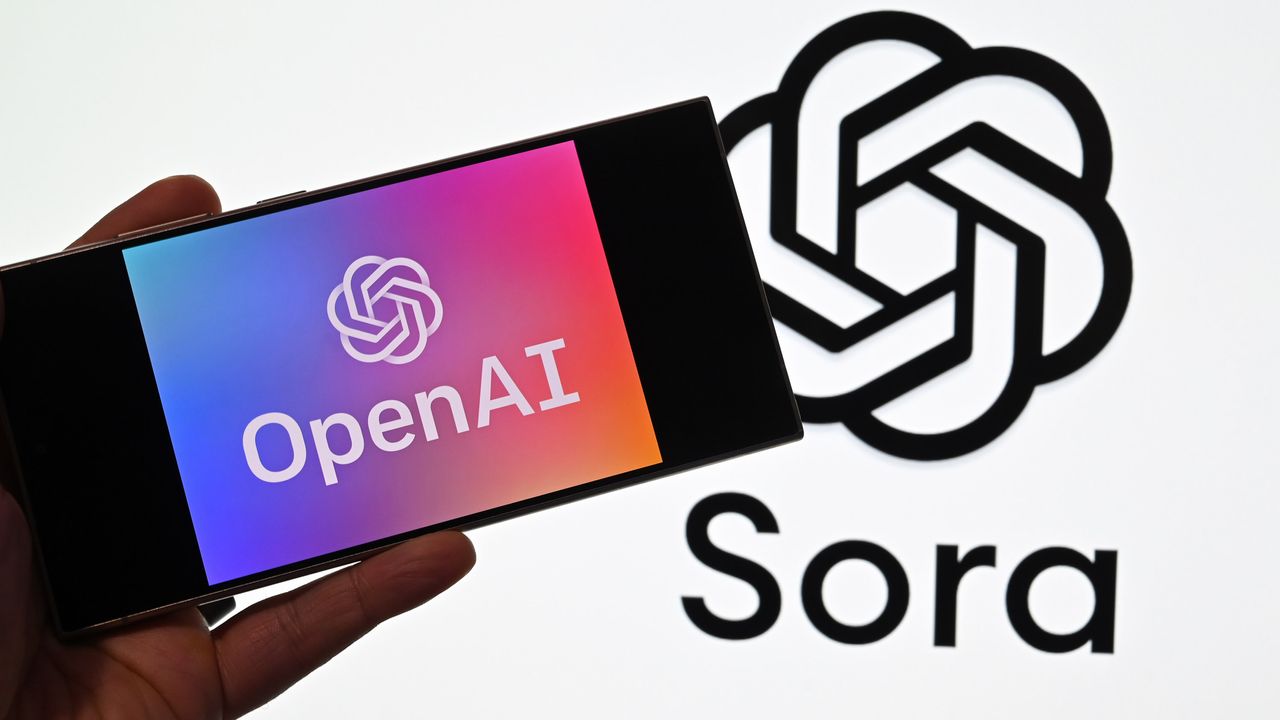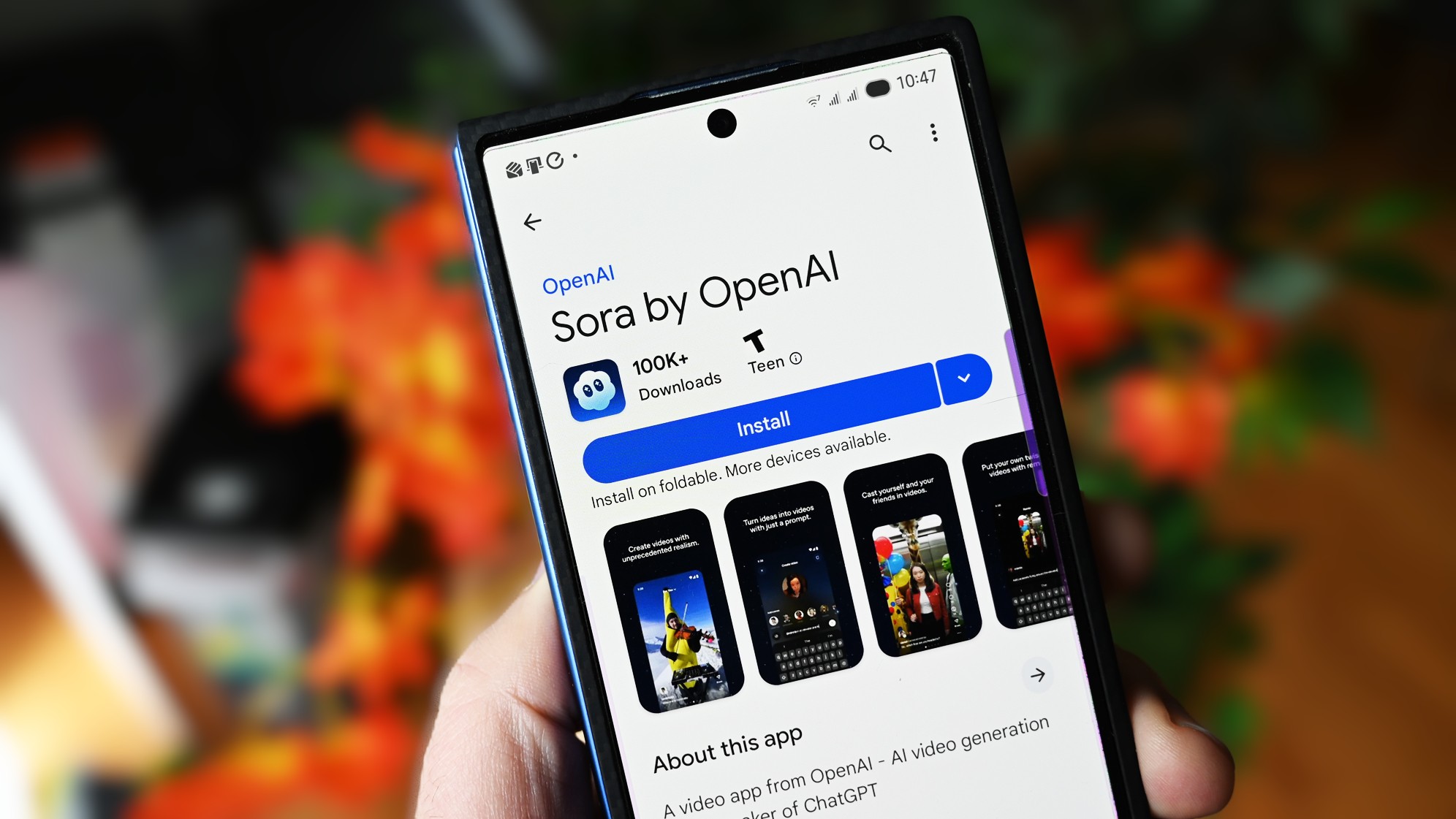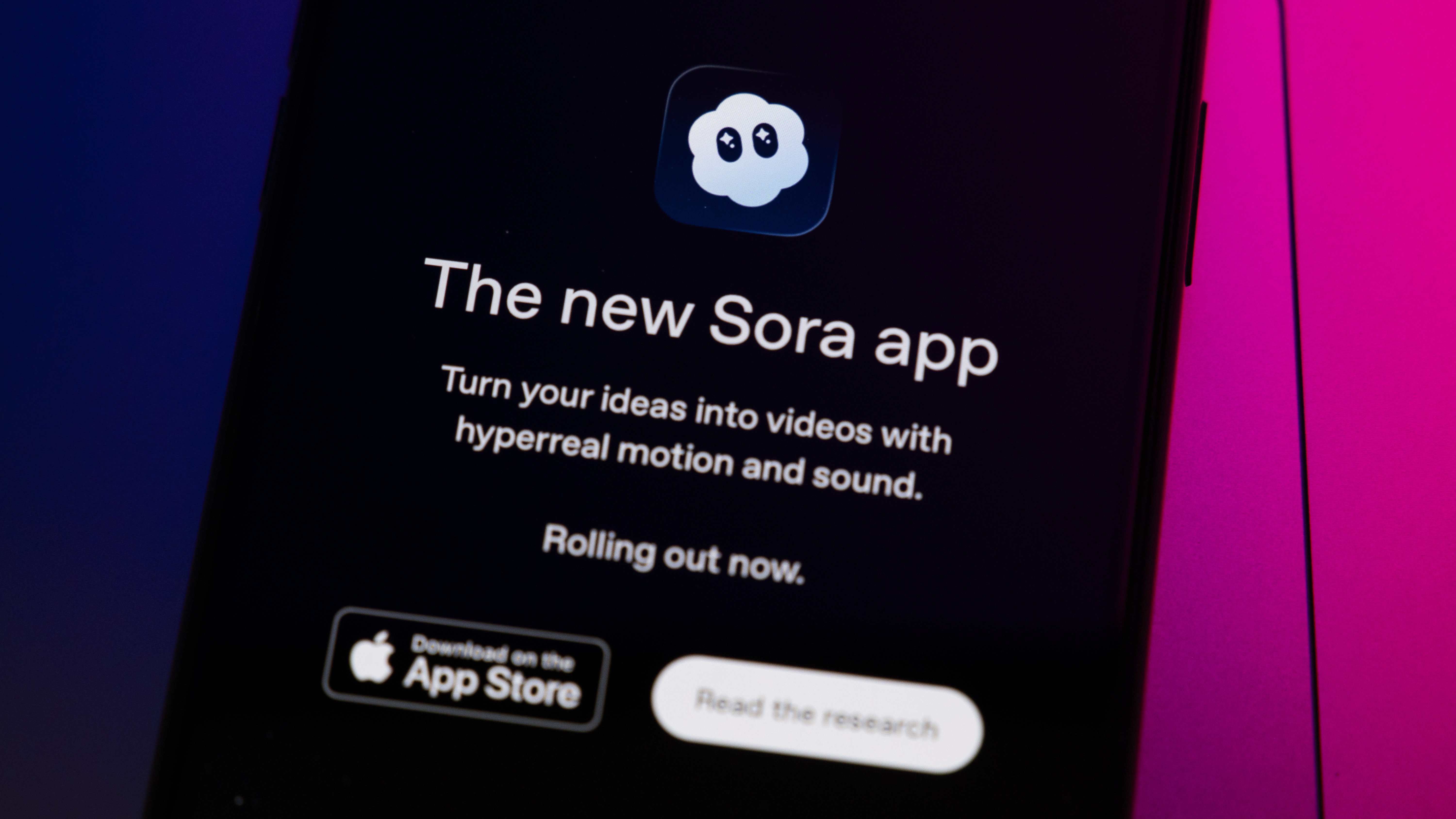
OpenAI is arguably one of the most sought-after AI research labs, primarily due to its 2-year runway that allowed it to develop ChatGPT uncontested, according to Microsoft CEO Satya Nadella.
However, critics have been on OpenAI's case, questioning how it intends to support its projected $1.4 billion spending on compute, yet it reportedly generates $13 billion in revenue from its products and services. Sam Altman recently dismissed these claims, indicating that the company is doing way better than that. "If you want to sell your shares, I’ll find you a buyer," added Altman. "I just… enough. I think there are a lot of people who would love to buy OpenAI shares."
The executive further indicated that he expects OpenAI's revenue to skyrocket to $100 billion by 2027, despite claims that we're in an AI bubble waiting to implode. While this remains to be seen, Microsoft's financial earnings report for the fiscal year that ended on June 30 suggests that the ChatGPT maker might have lost $11.5 billion chasing the AI hype. Perhaps more interestingly, Microsoft seemingly hid a $4.7 billion loss in OpenAI last quarter under "other expenses."
It's apparent that as generative AI becomes more advanced and sophisticated, the more it requires vast resources to scale greater heights. A new report by Forbes seemingly corroborates this theory, suggesting that OpenAI burns through approximately $15 million per day through its Sora video creation app.
For context, OpenAI's Sora app is a text-to-video AI model that lets you create videos based on your prompt. The TikTok-like rival gained vast popularity, garnering more than 1 million downloads just five days into its launch.
I'm sure we've all had an encounter with at least one of these videos while doom-scrolling on social media, and sometimes, you might not have even realized it. Yes, the AI-generated videos are getting that good.
For estimates that OpenAI could burn through $5 billion per year on its Sora app alone. Forbes' estimation is based on GPU prices, inference efficiency, user counts and the number of videos being posted per day. The outlet claims video models like Sora 2 are far more complex compared to text-based models like GPT-5. For context, GPT-5 costs up to $10 to generate 750,000 words.

However, Sora 2 is an entirely different playing ground. This is because it processes data differently, in four dimensions to be precise. You also need to factor in that it needs to ensure that the actions make sense over a couple of dozen frames per second. As such, OpenAI spends around $1.30 generating a 10-second video via the Sora app.
According to Forbes:
Mathivanan’s analysis assumes each video generation takes around 40 minutes of total GPU time, or 8-10 minutes on four GPUs running at the same time, and that renting a GPU costs just under $2 per hour. Assuming OpenAI isn’t building profit margins into its API pricing yet, this estimate checks out: the company is currently charging $1 for a 10-second video generated by Sora 2 (and $3 for the more advanced model Sora 2 Pro).
It's still unclear how many users use OpenAI's Sora app to generate videos, and for that matter, how many videos they generate per day. "But take Sora’s estimated 4.5 million app users, and assume per Kourabi that 25% of them post on average 10 videos a day." added Forbes. "That comes out to 11.3 million videos per day. Multiply by $1.3 per video, which means nearly $15 million per day, or $5.4 billion per year."
And yet, OpenAI shipped the Sora app to broad availability for everyone for free. To that end, it's hard to determine how OpenAI makes a profit from the Sora video creation app, or this could be just a play to secure market share and visibility before it rolls out a more sustainable business model that might help generate profits.

In the interim, OpenAI’s head of Sora, Bill Peebles, admitted that "the economics are currently completely unsustainable,” and it doesn't seem like ads will be making a grand debut in Sora anytime soon. OpenAI CEO Sam Altman indicated that integrating an ad model into the video creation tool couldn't possibly pay for Sora's compute costs. However, he floated the idea of a combination of advertising and power users paying handsomely for the product as a plausible approach to explore in the future.
This news comes after OpenAI and Microsoft renewed their vows by signing a new definitive agreement. Microsoft now owns 27% of OpenAI Public Benefit Corporation (PBC), translating to $135 billion on an as-converted diluted basis.
Sam Altman revealed that Microsoft and Satya Nadella's early conviction heavily contributed to OpenAI's success in the AI landscape. However, Bill Gates didn't share the sentiments, discouraging Nadella from making Microsoft's initial $1 billion investment in OpenAI in 2019. "You're going to burn this billion dollars," added Bill Gates.
FAQ
What is Sora?
Sora is OpenAI's image generator tool available to use via any web browser or the Sora app, which is now available for iOS and Android.
How much money does OpenAI make from Sora?
OpenAI shipped the AI model to users in broad availability for free. As such, it is difficult to determine how much money the company makes from the model. However, a damning report by Forbes suggests that the company may be losing up to $5 million per day from the tool alone.

Follow Windows Central on Google News to keep our latest news, insights, and features at the top of your feeds!







